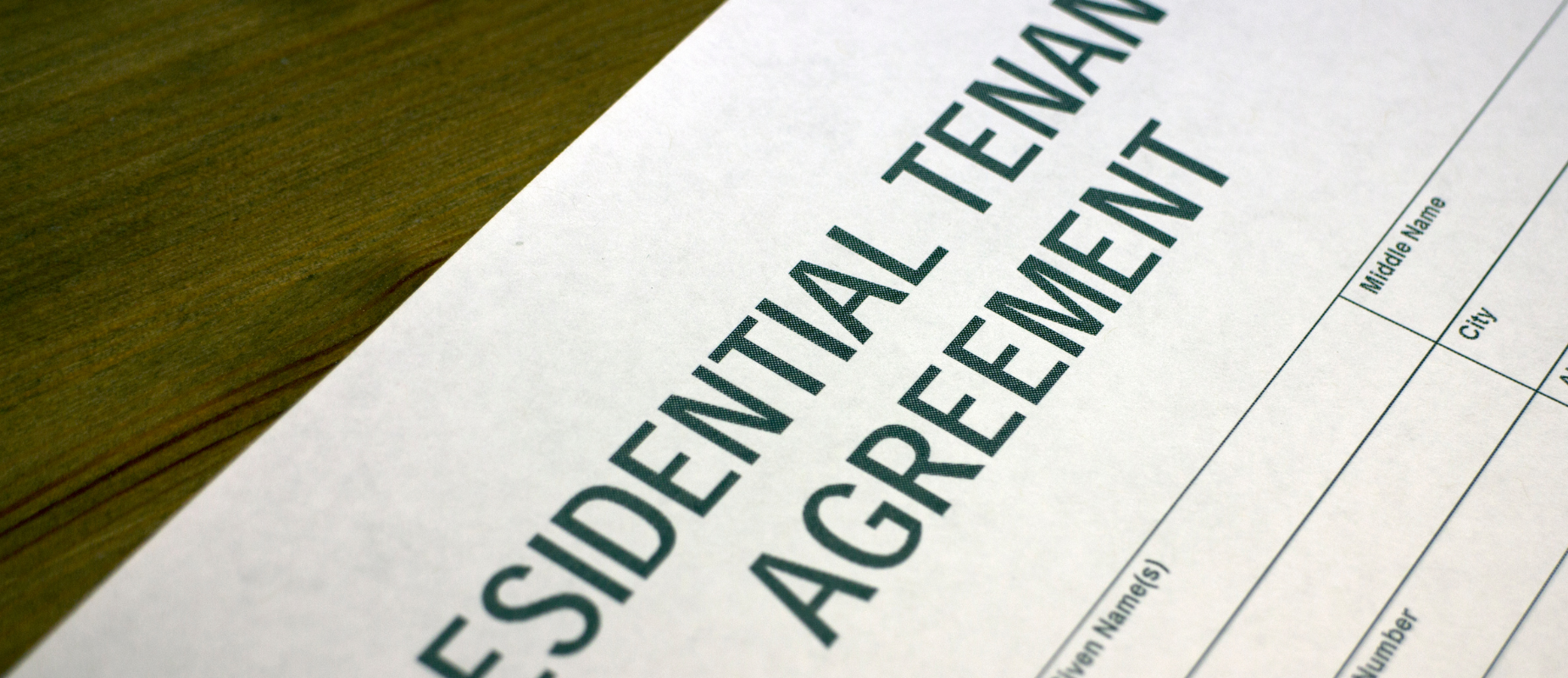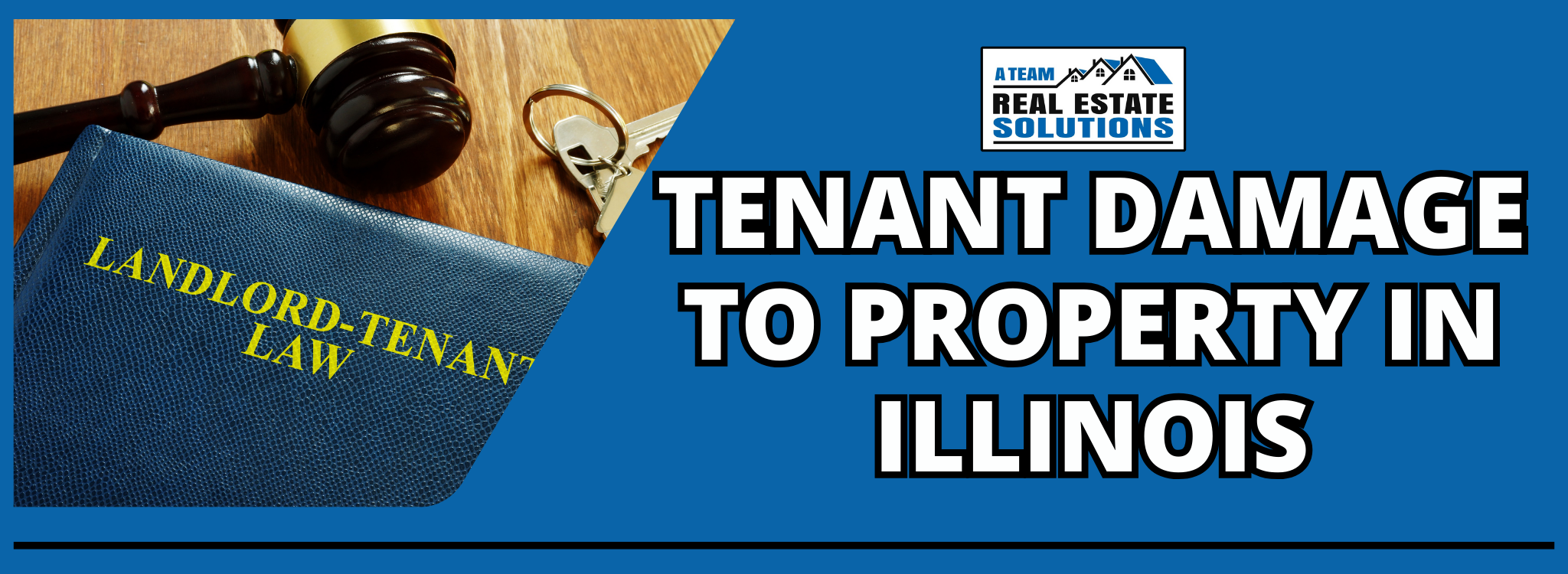
Understanding Tenant Damage To Property In Illinois: A Comprehensive Guide
As an Illinois landlord, you must understand the impact of tenant damage on your rental property. Tenant damage is any harm or destruction caused by tenants to the property they rent.
This can range from minor wear and tear to severe damage requiring expensive repairs. Landlords must be aware of their rights and responsibilities in the event of tenant damage and how to prevent and manage such situations effectively.
This comprehensive guide will delve into the various aspects of tenant damage in Illinois, providing valuable insights for landlords to protect their properties.
Legal Ramifications Of Tenant Damage In Illinois: Know Your Rights
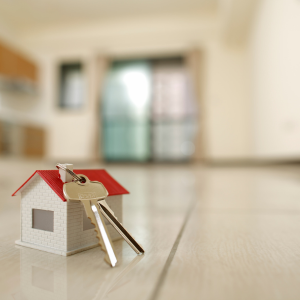
As an Illinois landlord, you should know the legal ramifications of tenant damage to your rental property. Landlords in Illinois can hold tenants liable for any damages they cause that go beyond normal wear and tear.
This includes damages caused by the tenant’s negligent or intentional actions. Landlords can seek reimbursement for repairs and replacements through security deposits or by pursuing legal action.
Landlords must thoroughly document any damages and follow proper procedures to protect their rights and reduce losses. Understanding the legal implications of tenant damage can assist landlords in successfully navigating these situations and ensuring that their properties are properly maintained.
Preventing Tenant Damage To Property: Tips For Landlords In Illinois
Illinois landlords face the challenge of preventing tenant damage to their rental properties. This issue can significantly affect the property’s overall profitability and maintenance.
Landlords must implement proactive measures to prevent tenant damage. This can be accomplished by conducting comprehensive background checks and screening potential tenants before leasing the property.
Moreover, the establishment of explicit expectations and guidelines in the lease agreement can assist in preventing misunderstandings that may result in damage. Regular inspections and prompt repairs can also identify and resolve any potential issues before they escalate into costly damages.
In the end, landlords can save time, money, and stress by carrying out these measures to address tenant damage.
The Importance Of A Thorough Move-in Inspection For Tenants In Illinois
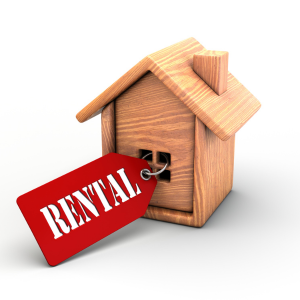
Conducting a comprehensive move-in inspection with your renters is vital as an Illinois landlord. Though often disregarded, this phase can greatly affect your rental property.
Careful documentation of the state of the property before tenant arrival helps you to prevent later conflict and possible damage claims. It also guarantees that, before the lease starts, both sides know of any current damage or problems.
Should any disagreements over damage arise during the tenant’s stay, a thorough move-in inspection can prove it. Moreover, it clarifies your expectations for the property’s upkeep and can assist in preserving your long-term investment.
To prevent possible conflicts and safeguard their Illinois rental properties, landlords should thus give doing a thorough move-in inspection with their tenant’s top priority.
How To Handle Tenant Damage: Steps For Landlords In Illinois
Illinois landlords should understand how tenant damage may affect their properties. If not handled properly, it can cause legal issues, costly repairs, and income loss.
First, landlords should document the property’s condition before and after each tenancy to handle tenant damage. This includes taking photos and documenting damage.
Next, landlords should promptly repair reported damages and write to tenants about their repair responsibilities and the consequences of not doing so. In cases where tenants cause damage, landlords may deduct repair costs from their security deposit or sue.
Landlords must be organized and follow proper tenant damage procedures to protect their investments and keep tenants happy.
Common Types Of Tenant Damage And How To Address Them
Landlords in Illinois frequently encounter tenant damage in their rental properties. It can range from minor wear and tear to significant property damage.
Some of the most common types of tenant damage are holes in the walls, stained carpets, broken appliances, and damaged fixtures. Landlords must address damages as soon as possible to avoid costly and severe consequences.
This can be accomplished by conducting regular inspections, addressing any issues as soon as possible, and clearly defining tenants’ expectations for property maintenance and care in the lease agreement. Collecting a security deposit can cover potential damages during the tenant’s stay.
Landlords in Illinois can effectively reduce the impact of tenant damage on their rental properties by being proactive and taking the necessary measures.
Insurance Coverage For Landlords Dealing With Tenant Damage In Illinois
Landlords in Illinois face unique challenges when dealing with tenant damage. It cannot only cause financial strain but also result in lengthy legal battles.
At this point, landlords must have insurance coverage. With the right insurance policy, landlords can protect themselves from the financial burden of repairing or replacing damaged property caused by tenants.
Illinois landlords can choose from various insurance policies, including liability and property damage insurance. Landlords should carefully review their policies to ensure adequate coverage for potential tenant damage.
Landlords can rest easy knowing they are protected from any unforeseen damages caused by tenants if they have the appropriate insurance coverage.
Mitigating The Financial Impact Of Tenant Damage On Your Rental Property
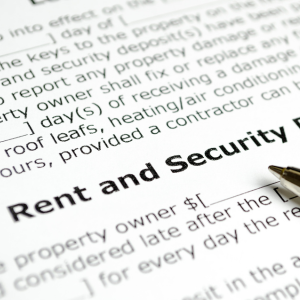
If you are a landlord in Illinois, you should know how much damage from tenants can cost you. This can lead to expensive repairs and replacements, long periods of empty homes, and lost rental income.
As a landlord, you can lessen this effect in many ways. First, carefully check out potential tenants to ensure a steady income and a history of paying rent on time.
You might also want to consider requiring a security deposit or making the lease terms more strict about damage. Regularly check the property and take care of any problems immediately to prevent them from worsening.
Lastly, you might want to buy landlord insurance to protect yourself even more against damage caused by tenants. By doing these things, you can keep the cost of fixing the damage done by tenants in Illinois to a minimum.
Communicating Expectations With Tenants To Prevent Property Damage
For rental properties to stay in good shape, landlords and tenants must be able to talk to each other. If you are a landlord in Illinois, you should ensure your tenants know exactly what you expect from them when caring for the rental unit.
For example, you could establish rules for keeping the property clean, reporting problems or damages immediately, and performing proper maintenance. Making these expectations clear from the start will help tenants understand what they need to do and make them more likely to take care of the property.
Tenants should be reminded of these expectations regularly to keep things clear and avoid any misunderstandings that could cause damage. By encouraging open and honest communication with them, you can greatly lower the chance that your Illinois tenants will damage your rental property.
Repair Vs. Replacement: What Options Do Landlords Have For Damaged Property?

Landlords in Illinois have a few choices when it comes to fixing damage caused by tenants. A big question for landlords is whether to fix broken things or get new ones.
This choice may greatly affect the cost and time it takes to fix up the rental property. Fixing broken things is often cheaper, especially when the damage isn’t too bad.
However, if the damage is severe or makes the house unlivable, it may need to be replaced. Before deciding what to do, landlords should carefully assess the damage and consider things like insurance coverage and who is responsible for paying the rent.
If the tenants are to blame for the damage, landlords may also be able to use the law to get paid back or reimbursed.
Recovering Costs From Tenants After Property Damage: Legal Considerations
Tenant damage is one of the most significant concerns for landlords. Illinois landlords are entitled to seek compensation from tenants for any damage they inflict on rental properties.
Nevertheless, specific legal factors must be considered when attempting to recoup these expenses. For instance, landlords must furnish evidence of the damage and demonstrate that it resulted from the tenant’s actions.
Also, landlords must give tenants reasonable time to pay for the damages before pursuing legal action. Landlords must comprehend their rights and responsibilities to recover costs from tenants following property damage.
Failure to adhere to proper legal procedures may result in complications and delays in recovering the necessary funds.
The Role Of Security Deposits When Dealing With Tenant-related Property Damage
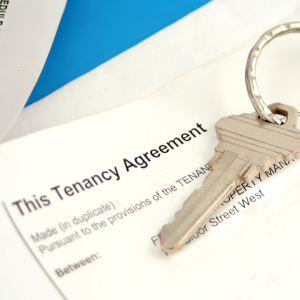
Illinois landlords must be prepared for tenant damage. Before letting tenants in, landlords often require a security deposit to protect their investments and maintain the property.
This deposit protects landlords from damage or unpaid rent at the end of the tenancy. However, both parties must understand the lease agreement’s security deposit terms.
While handling these deposits, landlords must comply with legal requirements, such as providing an itemized list of deductions and returning any remaining funds within a certain timeframe. Landlords and tenants should handle security deposits carefully to reduce tenant-related property damage on Illinois rental properties.
Understanding The Landlord-tenant Relationship And Responsibility For Property Maintenance
The relationship between landlords and tenants significantly influences the maintenance of rental properties in Illinois. It is your duty as a landlord to guarantee that the property is in good condition and well-maintained for your tenants.
This encompasses routine maintenance and repairs to ensure the property remains habitable and secure. Nevertheless, tenant damage can have a substantial effect on your rental property.
In the event of tenant damage, landlords must comprehend their rights and obligations and the most effective and equitable approach to resolving such matters. Both parties can collaborate to ensure a positive rental experience by comprehending the landlord-tenant relationship and their shared responsibility for property maintenance.
Handling Disputes Over Tenant Damage: Mediation And Other Options
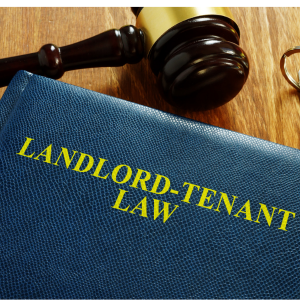
Mediation can help both landlords and tenants resolve disputes over tenant damage in Illinois rental properties. Mediation entails bringing in a neutral third party to help facilitate communication and reach a mutually acceptable solution.
This can be more efficient and cost-effective than going through the legal system. Other options for resolving tenant damage disputes include arbitration, a binding decision by an impartial third party, or negotiating directly with the tenant.
Whatever route is chosen, landlords must thoroughly document any damages and include clear guidelines in their lease agreements regarding responsibility for repairs.
Screening Prospective Tenants To Minimize Risk Of Future Property Damage
As an Illinois landlord, one of the most important things you can do to reduce the risk of future property damage is to screen prospective tenants thoroughly. This includes conducting extensive background and credit checks and obtaining references from previous landlords or employers.
Look for red flags, such as a history of property damage or repeated late payments. It is also critical to have a clear and detailed lease agreement that specifies the tenant’s responsibilities for property maintenance.
By thoroughly screening potential tenants, you can reduce the likelihood of dealing with costly and time-consuming damage to your rental property.
Best Practices For Documenting And Reporting Tenant-related Property Damage
Illinois landlords must document and report tenant-related property damage. This lets them hold tenants accountable for damages and recover costs.
Comprehensive move-in and move-out inspections, detailed photos or videos, maintenance records, and prompt written notification to tenants are best practices for documenting and reporting tenant-related property damage. Also, the lease agreement should include clear clauses outlining the tenant’s responsibility for damages and reporting guidelines.
To prevent issues from escalating, landlords should communicate with tenants throughout their tenancy. Illinois landlords can manage and prevent tenant damage by following these best practices.
Maintaining A Safe And Secure Rental Property To Reduce the Risk Of Intentional Or Negligent Damage
One thing that worries Illinois landlords the most is that their renters might damage their rental homes. Damage like this can have a big effect on the safety and security of the property as well as the landlord’s bottom line, whether it was done on purpose or by accident.
Landlords should prioritize keeping their rental properties safe to lower the risk of this kind of damage. To do this, they need to implement the right security measures, like strong locks and well-lit common areas, conduct regular checks for potential dangers, and fix any maintenance problems immediately if they could put tenants in danger.
If landlords follow these steps, they can protect their property and improve the rental experience for their tenants.
Working With Contractors And Service Providers During The Repair Process
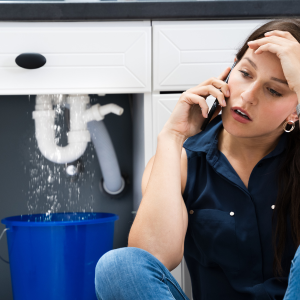
Illinois landlords who have to deal with damage caused by renters may need to find reliable contractors and service providers to help them fix the damage. Working with skilled professionals is important to ensure that repairs are done correctly and quickly, whether fixing walls, floors, or appliances.
Landlords should take the time to learn as much as possible about potential contractors and ensure they have the proper licenses and insurance. It’s also important to be clear with the contractor about how much work needs to be done and any budget limits.
Keeping in touch with the landlord and updating them on the repairs can help them stay on top of things and get their rental property back in great shape as soon as possible.
Creating A Clear Lease Agreement That Addresses Responsibilities For Tenant-related Damages
Regarding rental properties in Illinois, landlords must be aware of the possibility of tenant damage. This can lead to expensive repairs and even legal disputes between tenants and landlords.
To avoid these problems, landlords must draft a clear and comprehensive lease agreement outlining who is responsible for tenant-related damages. This should include specific clauses outlining the property’s maintenance expectations and potential consequences for failure to comply.
Landlords can help prevent misunderstandings by establishing clear guidelines from the start and ensuring that both parties are aware of their responsibilities regarding tenant damage.
Moving Forward After Tenant-related Property Damage: Lessons Learned And Next Steps
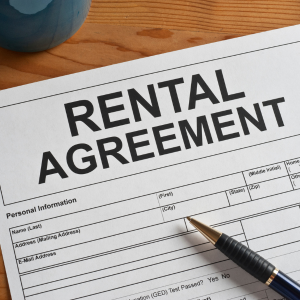
As a landlord, tenant-caused property damage can be frustrating and costly. Illinois landlords must understand tenant-related damage laws and protect their rental properties.
In this guide, we examined tenant damage in Illinois rental properties and offered tips for landlords to avoid it. Despite precautions, accidents can still occur.
Thus, landlords must learn from these experiences and act accordingly. This includes documenting damages, filing insurance claims, and repairing or replacing damaged items.
Landlords can proactively follow protocols to reduce tenant-related property damage and maintain rental property value.
What Is The Property Damage Law In Illinois?
Illinois landlords know tenant damage can ruin their rentals. Repairing and replacing broken appliances and holes in walls can be expensive.
But does Illinois property damage law address this? The state’s landlord-tenant laws hold tenants responsible for property damage beyond normal wear and tear. For example, tenant negligence causes excessive pet damage or destruction.
A landlord can deduct these costs from the security deposit or sue for reimbursement. Landlords must understand and follow these tenant damage laws to protect their investments and run a successful rental business.
Can A Landlord Sue For Damages In Illinois?
As an Illinois landlord, you must understand the effects of tenant damage on rental properties. The cost and inconvenience of repairing and replacing damaged items can significantly impact your investment’s profitability.
But can you sue tenants for damages? Yes, that’s correct. Landlords have the right to sue tenants who cause intentional or negligent damage to their property. However, a thorough understanding of the Illinois laws and regulations governing tenant-landlord disputes is required.
This guide will provide valuable insights into the process of recovering damages from tenants and practical advice on how to avoid these situations altogether.
How Long Does A Landlord Have To Make Repairs In Illinois?
If you are a landlord in Illinois, you must know when to fix things if your tenants damage them. The law in this state gives landlords a fair amount of time to fix any damage their tenants cause.
This usually means within 30 days for repairs that aren’t emergencies and immediately for emergencies that could put people in danger. To ensure repairs are done quickly and correctly, landlords must keep records of all damage and communicate clearly with their tenants.
Not doing so could lead to legal problems and financial losses for everyone involved. Because of this, landlords in Illinois need to know their rights and duties regarding fixing damage caused by tenants.
What Is Considered Normal Wear And Tear On A Rental Property In Illinois?
Landlords in Illinois need to understand what “normal wear and tear” means when they maintain rental properties.
This means a property slowly loses its value over time because of normal wear and tear and old age.
Some marks and scuffs on the walls or floors are standard for tenants, but some damages are more than normal wear and tear.
As a landlord in Illinois, you need to know exactly what normal wear and tear is so you can properly evaluate any damage caused by a tenant and decide whether to deduct money from the security deposit.
This information applies to Illinois and its cities, including Chicago, Peoria, Rockford, Springfield, etc. For more details, please call us at (708) 608-0420 or visit our website at A Team Real Estate Solutions.
Get Cash For Your Illinois Property!
We buy houses in Illinois and can close 90% faster than if you list your property with an agent. See how selling your home for cash works by filling out this quick form.

